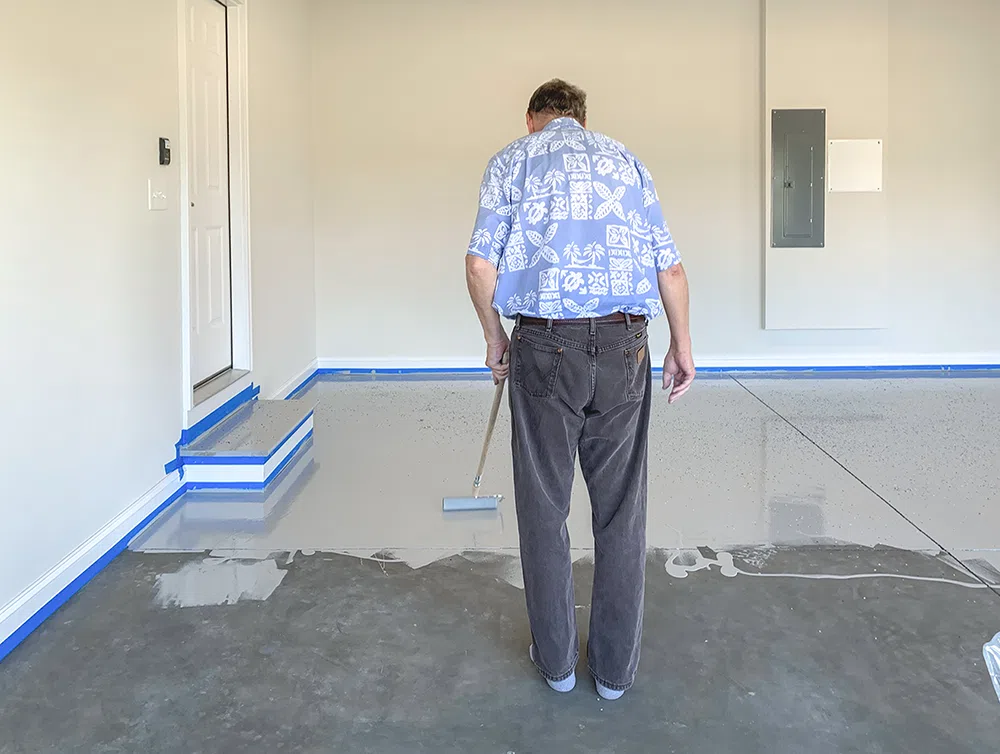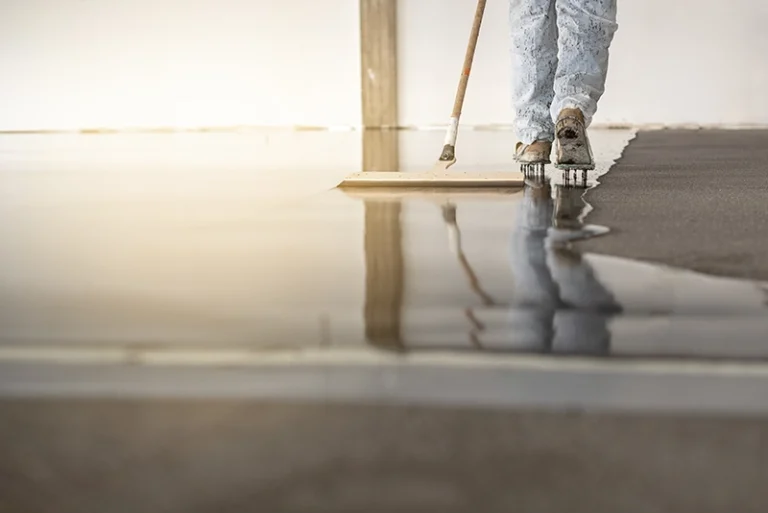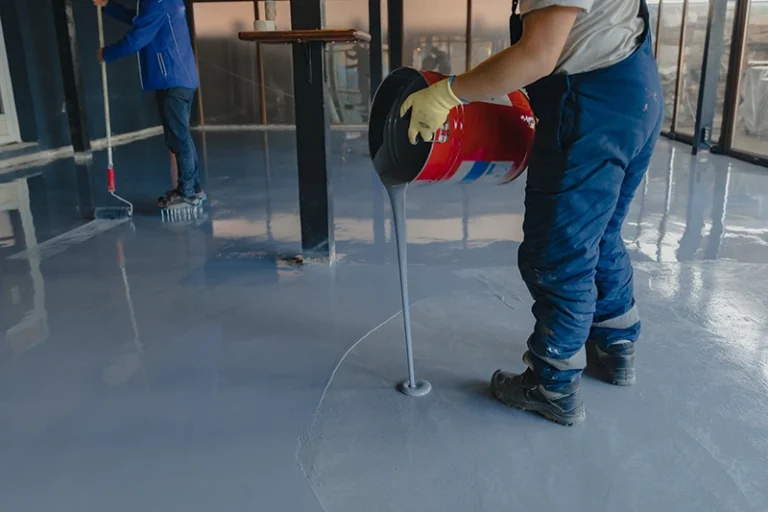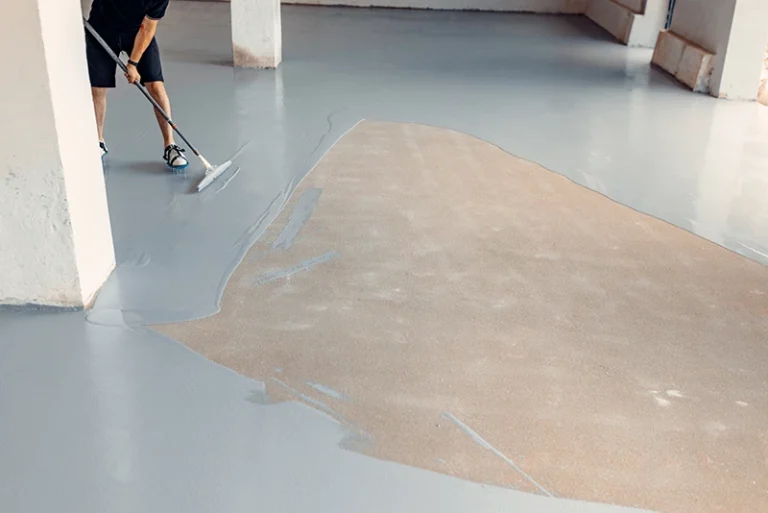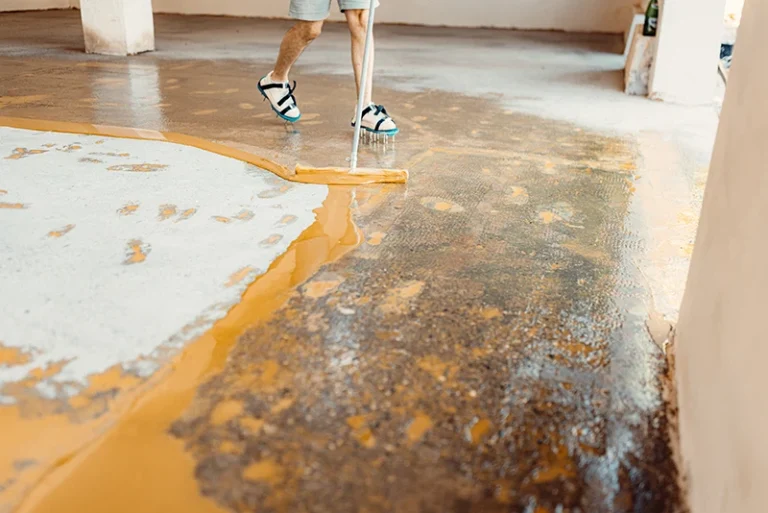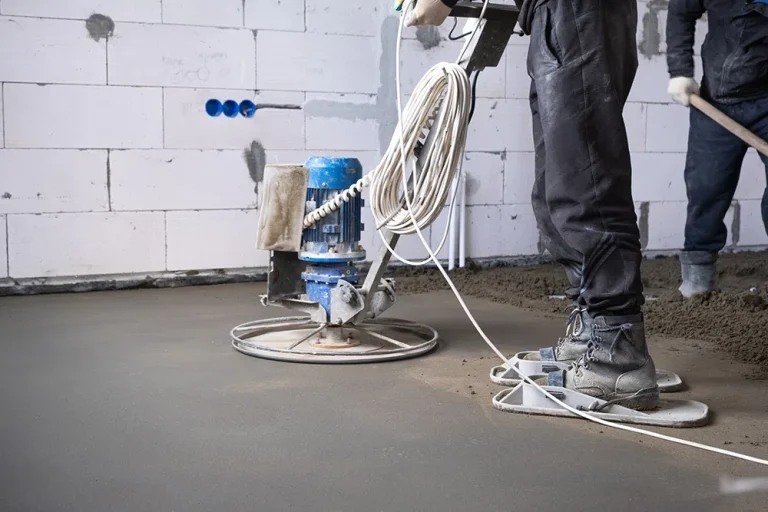How Does Garage Epoxy Coating Handle Heavy Vehicles?
Garages serve a wide variety of purposes beyond simple storage—they often house heavy vehicles, large tools, and equipment that demand a durable floor. Whether you’re parking a full-size truck, a family SUV, or even a small commercial vehicle, the flooring in your garage must stand up to significant weight and daily wear.
Epoxy floor coating has gained popularity among homeowners and business owners for its strength, durability, and clean appearance. But how well does it handle the pressure of heavy vehicles?
This blog explores how epoxy coatings are engineered to meet these demands.
Strength and Load-Bearing Capacity
Garage epoxy coatings are specifically designed to endure the weight of cars, trucks, and even heavier vehicles without cracking or deteriorating.
- Engineered for high compressive strength: Epoxy coatings, when properly installed over a prepared concrete base, can handle thousands of pounds per square inch. This makes them more than capable of supporting vehicles of all sizes.
- Bonding to concrete enhances structural integrity: The strong chemical bond between epoxy and the concrete surface creates a unified structure that distributes vehicle weight evenly.
- Layered systems improve durability: Many garage coatings consist of multiple layers—including base, color, and top coats—that contribute to strength and resilience under pressure.
This strength makes epoxy flooring an ideal solution for garages that routinely experience the stress of parked or moving vehicles.
Resistance to Tire Wear and Friction
Vehicle tires can place constant pressure and friction on flooring surfaces, especially during turning, braking, or acceleration.
- Epoxy resists hot tire pickup: Quality epoxy coatings are designed to withstand the heat and pressure of recently driven tires, which can otherwise soften or damage inferior coatings.
- Durable topcoats reduce surface wear: A properly applied topcoat adds a protective layer that guards against scuffs, abrasions, and repeated tire friction.
- Smooth, seamless surface prevents delamination: Epoxy creates a continuous seamless flooring surface that won’t peel or crack at stress points like tire paths
These properties help the floor maintain its appearance and functionality even with frequent vehicle movement.
Protection Against Leaks and Fluids
Vehicles often leak fluids like oil, brake fluid, or coolant—all of which can damage or stain unprotected flooring.
- Chemical resistance shields the surface from auto fluids: Epoxy coatings are non-porous and resistant to corrosive substances, preventing long-term damage or staining.
- Easy to clean with basic materials: Spills can be wiped up with soap and water without leaving residue, unlike concrete or unfinished floors that may absorb fluids.
- No cracks or seams to trap contaminants: The smooth, seamless surface of epoxy makes cleanup easier and prevents fluids from seeping into the subfloor.
This makes epoxy especially valuable for maintaining a clean and functional garage environment even in the presence of heavy-duty vehicles.
Longevity Under Load
One of the key concerns with heavy vehicles is whether the flooring will degrade over time under constant pressure.
- Epoxy floors last 10 to 20 years with proper care: Unlike basic concrete, which can wear down or chip, epoxy maintains its integrity for years under consistent use.
- Minimal maintenance required: Occasional sweeping and mopping help preserve the floor’s appearance without the need for polishing or sealing, unlike traditional concrete floor care routines that require more frequent upkeep.
- Resistant to impact and dropped tools: In addition to handling heavy vehicles, epoxy also resists chips and dents from tools or equipment commonly used in garage settings.
This long-term performance offers peace of mind to homeowners looking for a durable, low-maintenance garage solution.
Installation Quality Matters
While epoxy is strong by nature, the quality of the installation plays a major role in how well it handles vehicle loads.
- Proper surface preparation is essential: Grinding or etching the concrete before application ensures a strong bond and prevents peeling or bubbling.
- Professional installation ensures correct thickness: A quality contractor will apply the coating in the right thickness and layering to match the expected load and usage.
- Curing time must be respected: Allowing the full cure time—typically 3 to 7 days—ensures the epoxy reaches its maximum strength before bearing any vehicle weight.
Working with experienced epoxy contractors ensures your flooring performs as intended, especially under the stress of heavy vehicles.
Garage epoxy coating isn’t just about aesthetics—it’s a high-performance flooring solution built to handle the weight, friction, and daily demands of heavy vehicles. With its impressive load-bearing capacity, chemical resistance, and long lifespan, epoxy flooring delivers both function and value.
When installed correctly, it stands up to even the toughest garage conditions, making it a smart investment for anyone needing a tough, low-maintenance surface. If your garage houses heavy vehicles or sees frequent activity, epoxy coating is a proven, professional-grade option that won’t let you down.

